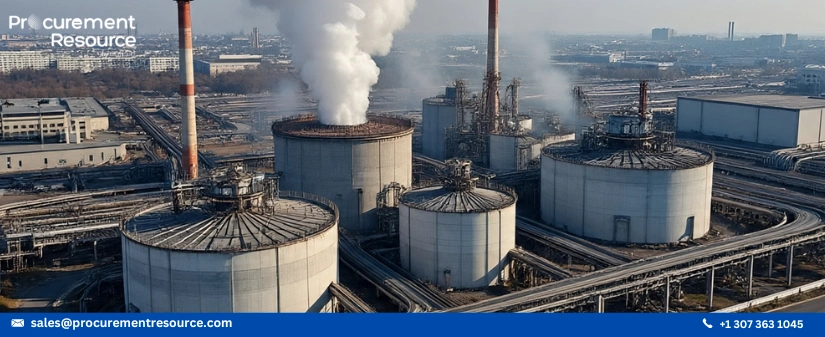The MNRE sets forth the regulations governing Waste-to-Energy initiative under the National Bioenergy Programme

The Ministry of New and Renewable Energy has introduced updated regulations for the Waste-to-Energy initiative as part of the National Bioenergy Programme, with the objective of creating a more streamlined and results-driven framework for bio waste conversion projects across the country. The modifications focus on reducing bureaucratic hurdles, accelerating funding distribution, and linking financial incentives to operational efficiency, thereby improving the business environment for both private enterprises and government entities involved in the sector.
Key modifications include simplified administrative procedures that reduce documentation burdens and relax certain approval criteria, particularly benefiting small and medium-scale operations engaged in compressed biogas, biogas, and power generation. These adjustments support improved handling of agricultural residues, industrial byproducts, and other waste materials, while contributing to the nation's long-term environmental objectives, including carbon neutrality targets.
A significant alteration involves the restructuring of financial support mechanisms to address practical challenges faced by project developers. The revised system allows for partial disbursement of funds upon obtaining operational clearances, with the remaining allocation contingent upon achieving specified performance benchmarks. This phased approach to funding aims to provide greater financial stability during the initial operational phases of waste-to-energy facilities.
The evaluation procedures have been enhanced to incorporate more rigorous verification processes, involving specialized institutions and state-level agencies to ensure proper oversight. Project proponents now have extended timelines for claiming financial incentives, with provisions accounting for various approval and commissioning scenarios.
These regulatory refinements demonstrate the government's commitment to facilitating sustainable energy solutions through pragmatic policy measures. By establishing clearer performance parameters, reducing administrative complexities, and implementing more flexible funding structures, the initiative seeks to accelerate the adoption of waste-to-energy technologies while supporting broader environmental and energy security objectives. The changes are expected to stimulate private sector participation and advance progress toward national renewable energy targets.



